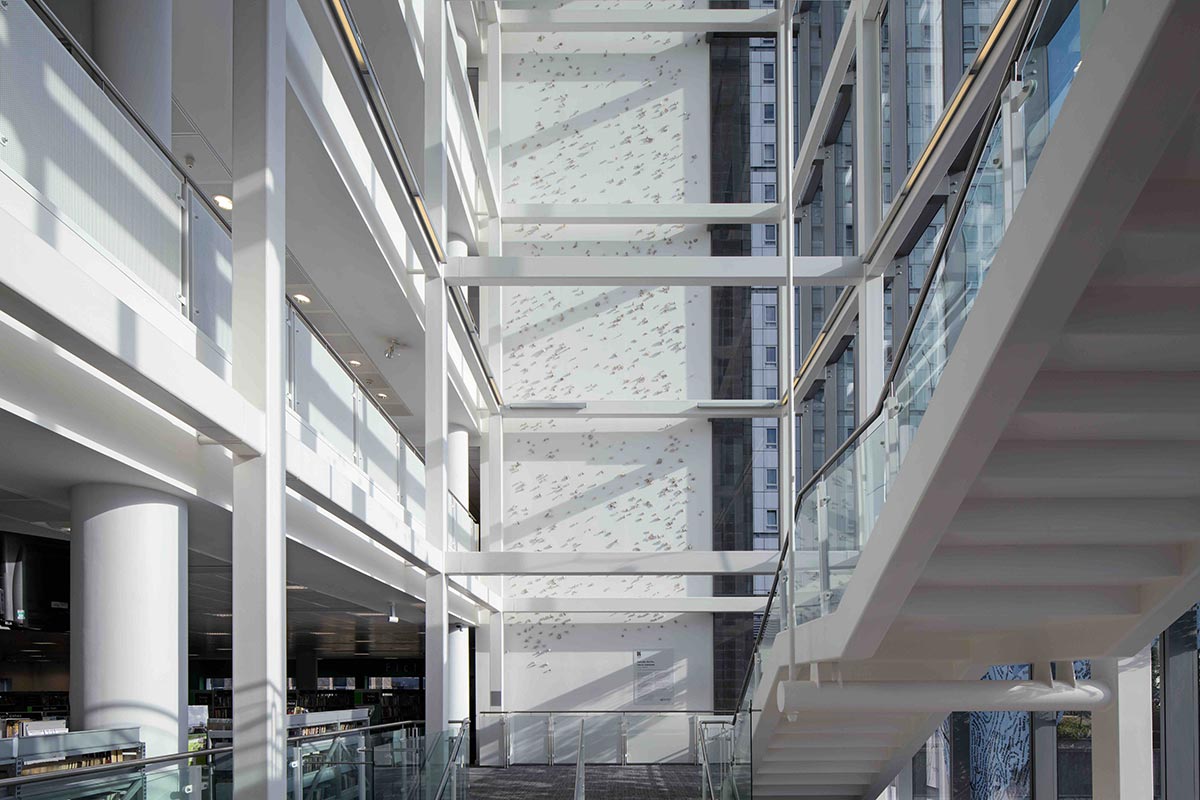 Delicate Shuttle, 2018, photo: Jill Tate
Delicate Shuttle, 2018, photo: Jill TateDelicate Shuttle (2018)
Delicate Shuttle was an installation of thousands of white poplar leaves at Newcastle City Library, presented as part of the Great Exhibition of the North and the Refugee Week. The installation was created through a series of structured ‘foraging’ walks through natural landscapes in partnership with participants from refugee and migrant communities.
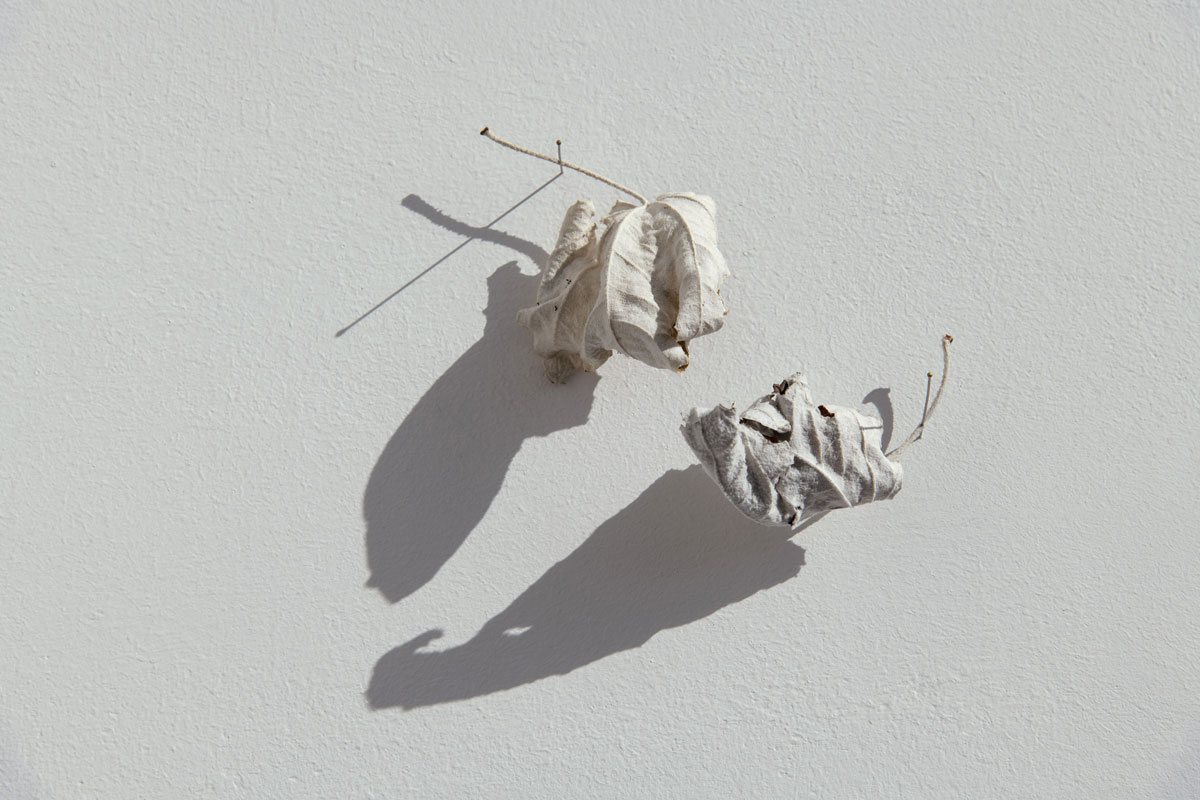 Delicate Shuttle, 2018, photo: Jill Tate
Delicate Shuttle, 2018, photo: Jill TateTaking place in heritage sites of Burnlaw, Tanfield Railway and Chopwell Woods, in partnership with Land of Oak and Iron, the walks attempted to understand what it means to leave and to arrive, to lose and to find, to be uprooted and to make a home. It addressed the existing inequalities in access to nature, concepts of home and belonging and the philosophy of friendship & radical hospitality. It directly referenced my own experience of arriving in the North East from Finland and the rootedness I first began to feel when I had access to the countryside. The walks introduced displaced people to the environment beyond the urban spaces they are asked to inhabit, to develop an understanding of the ecological and historical context in which they find themselves.
Using the white poplar leaf, which is itself a migrant, and which holds many meanings across different cultures, Delicate Shuttle embodied the collective experience of migratory movement and reflects on our relationship with place, landscape, the world and each other. The White Poplar is also one of these plants that forms a part of a wider debate among biologists trying to determine when something stops being alien and becomes native. In broader conceptual terms, the native plants and animals which partly define landscapes are often integral to national identities; alien species are sometimes presented not simply as unwanted ecological and economic pests, but as profound existential threats. In this context, attempts to exclude or eliminate aliens in order to “protect” native species implicate conservation within discourses around national identity, border definition and xenophobia.
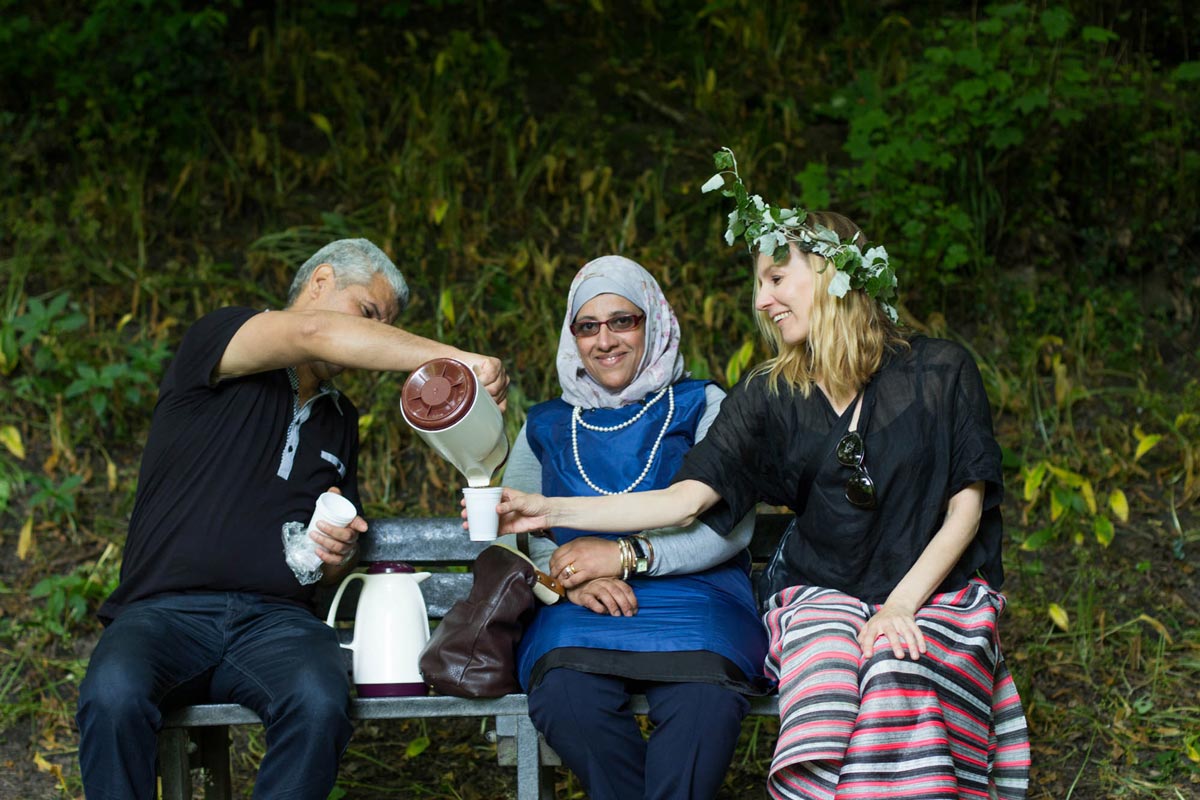 Delicate Shuttle, 2018, photo: Arto Polus
Delicate Shuttle, 2018, photo: Arto Polus
Delicate Shuttle was commissioned by D6 Culture and supported by Arts Council England. Special thanks for the wonderful staff at the Tanfield Railway, the hospitable and generous community of people living in Chopwell Woods and Burnlaw who made us feel so welcome.
A link to a video interview on D6 YouTube channel.
A link to a discussion article on D6 Culture in Transit website.
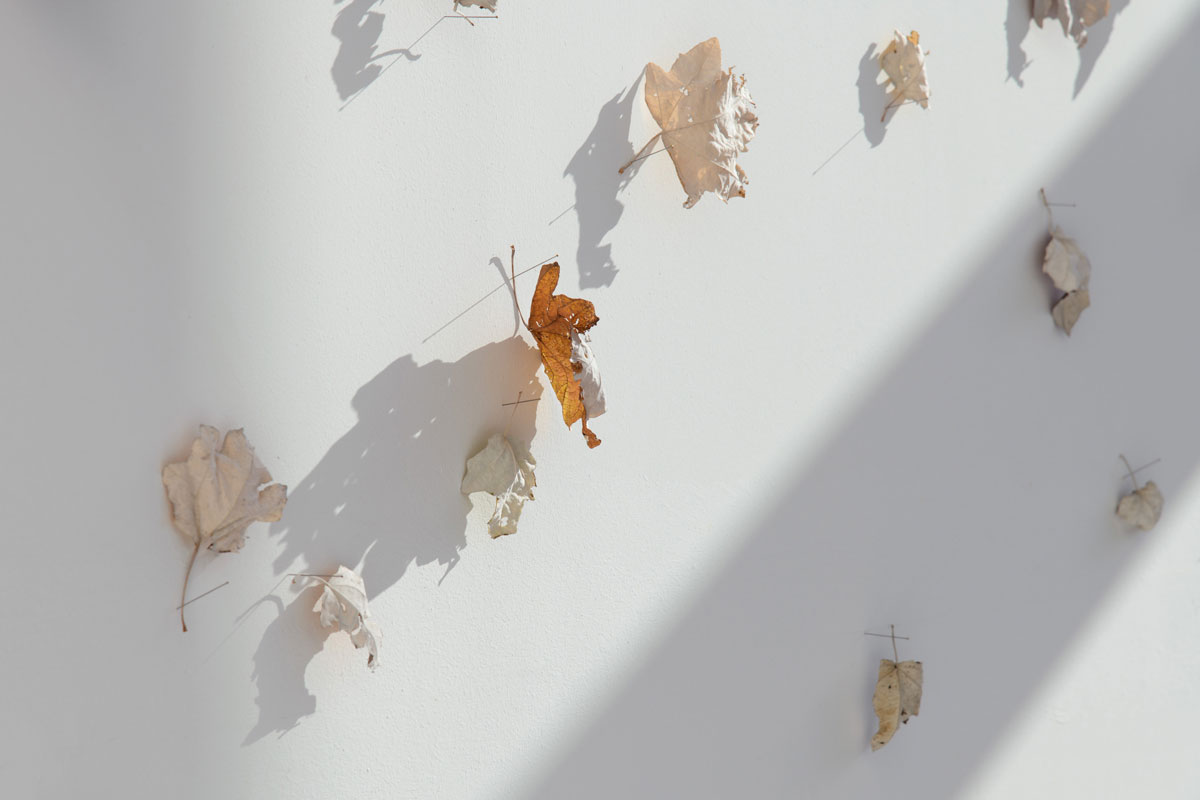 Delicate Shuttle, 2018, photo: Jill Tate
Delicate Shuttle, 2018, photo: Jill Tate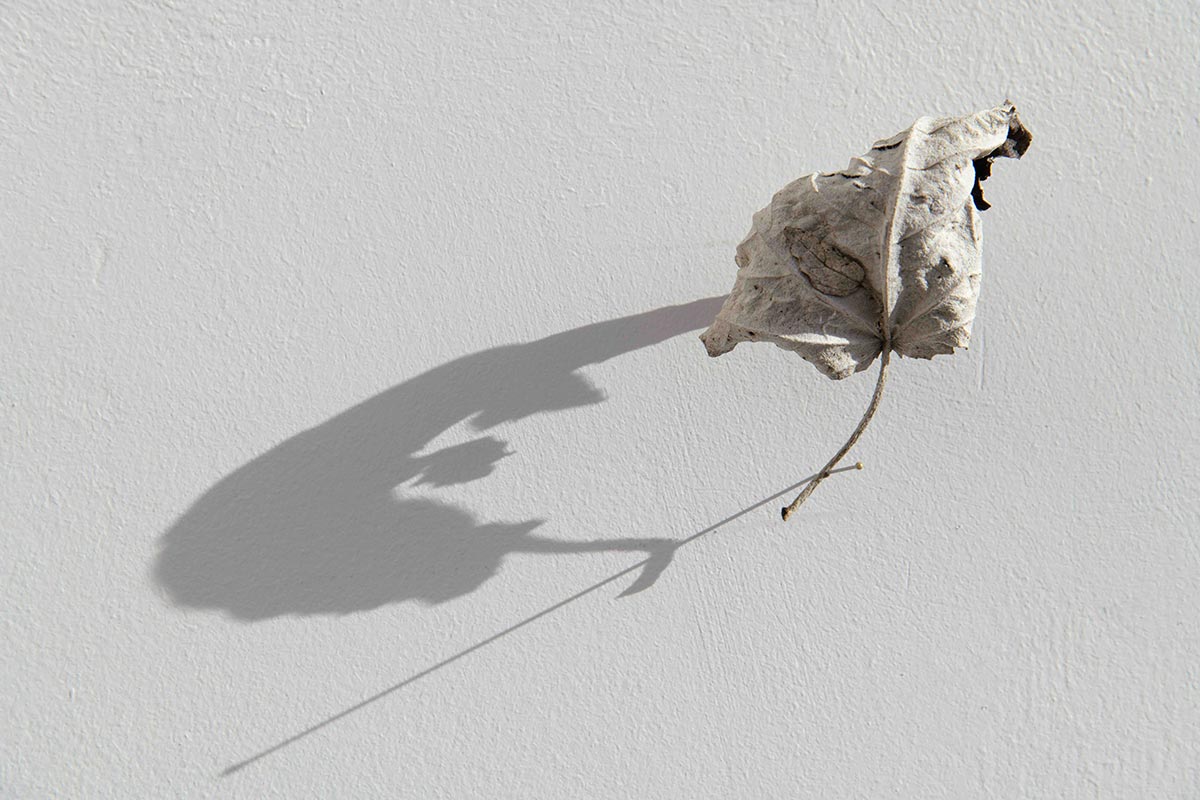 Delicate Shuttle, 2018, photo: Jill Tate
Delicate Shuttle, 2018, photo: Jill Tate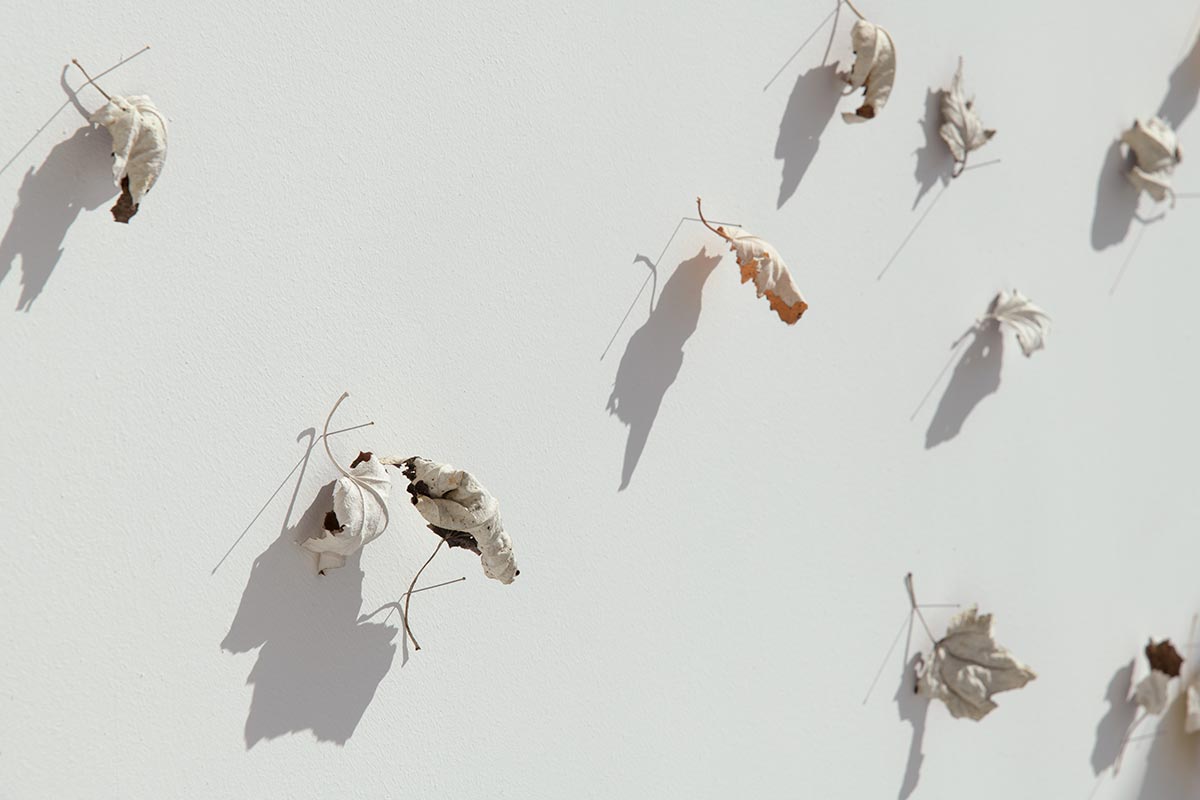 Delicate Shuttle, 2018, photo: Jill Tate
Delicate Shuttle, 2018, photo: Jill Tate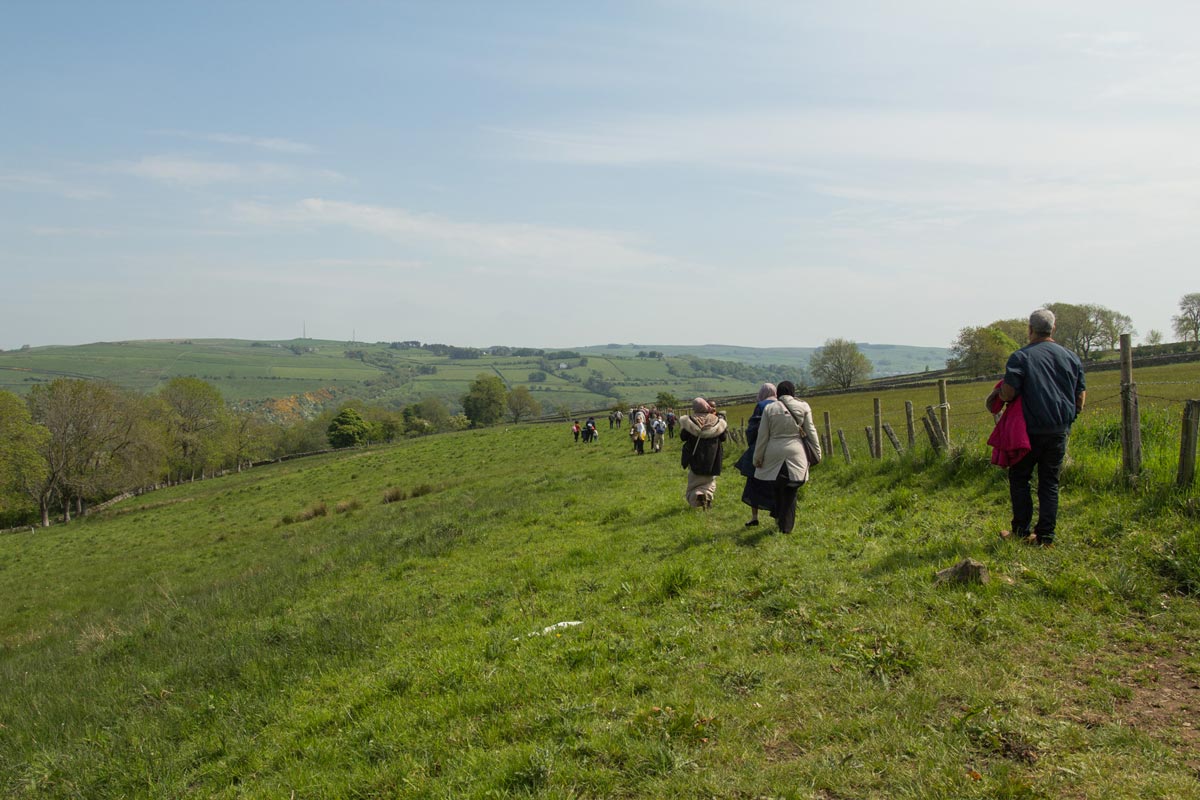 Delicate Shuttle, 2018, photo: Arto Polus
Delicate Shuttle, 2018, photo: Arto Polus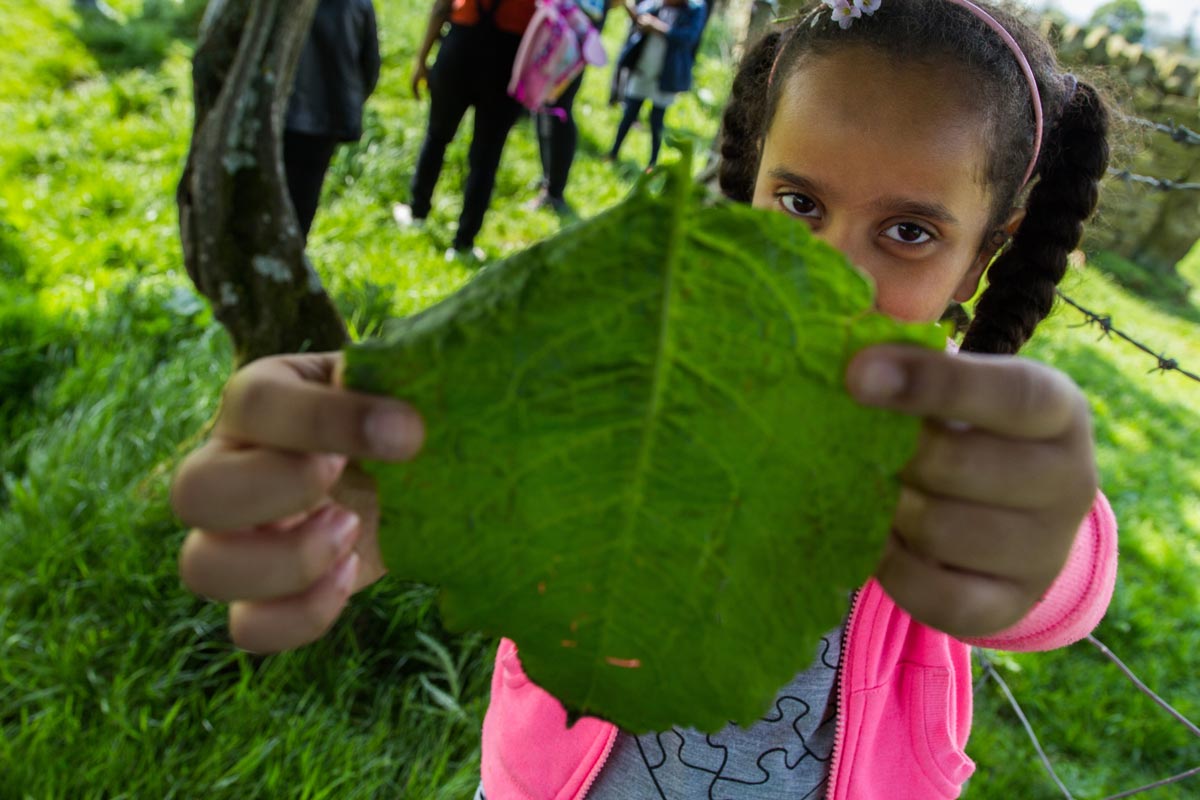 Delicate Shuttle, 2018, photo: Arto Polus
Delicate Shuttle, 2018, photo: Arto Polus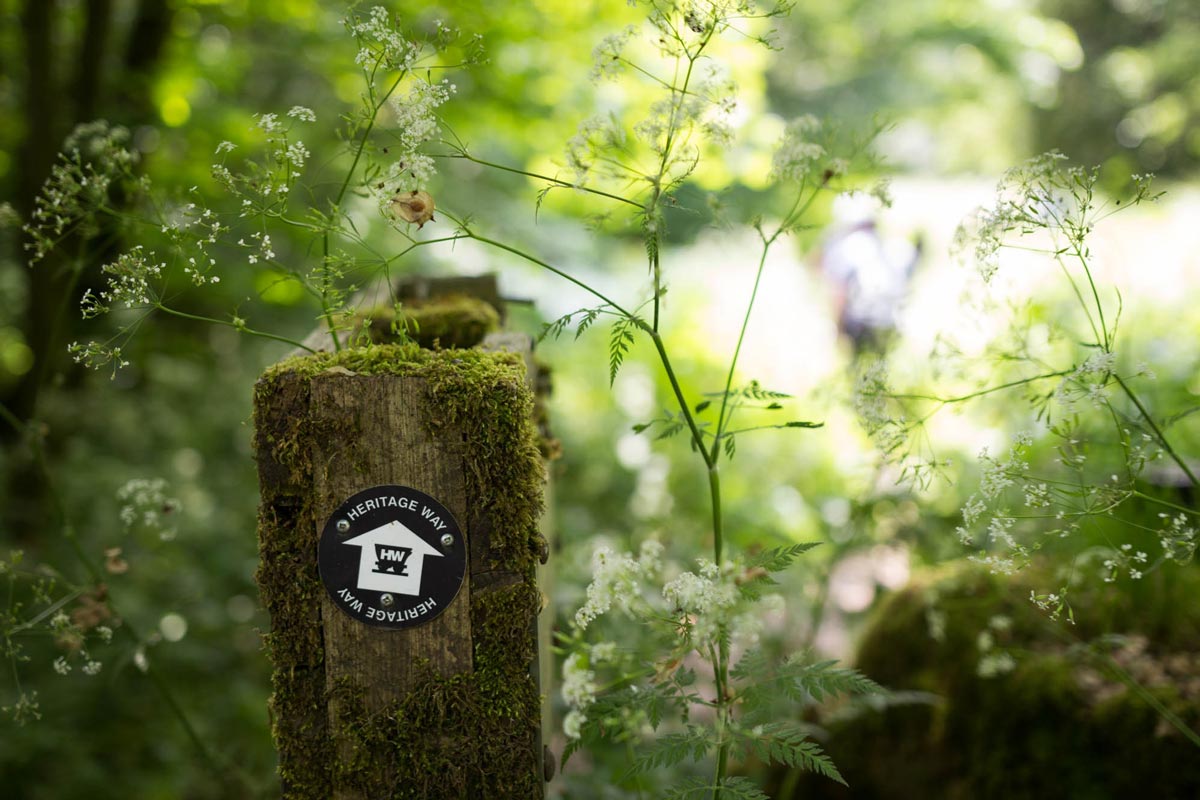 Delicate Shuttle, 2018, photo: Arto Polus
Delicate Shuttle, 2018, photo: Arto Polus Delicate Shuttle, 2018, photo: Arto Polus
Delicate Shuttle, 2018, photo: Arto Polus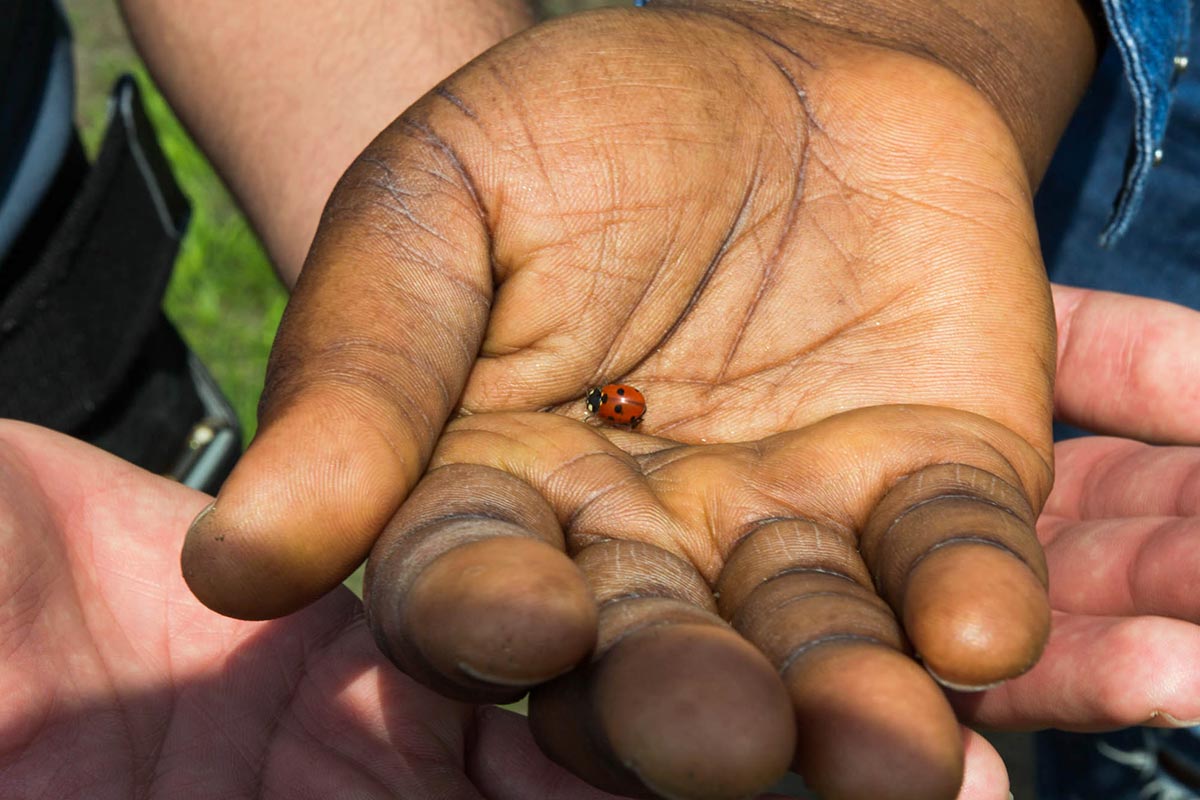 Delicate Shuttle, 2018, photo: Arto Polus
Delicate Shuttle, 2018, photo: Arto Polus